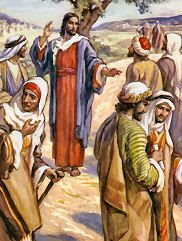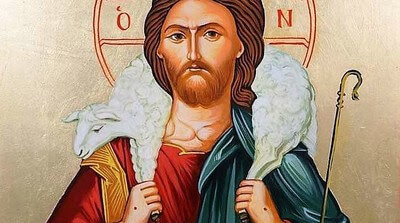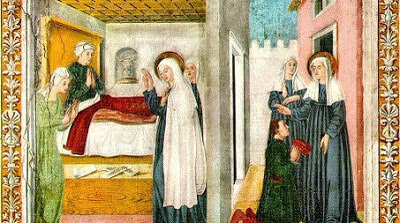Homily for the Twenty-First Sunday in Ordinary Time, August 26, 2018, Year B

Fr. René J. Butler, M.S. Provincial Superior The La Salette Missionaries of North America "They walked with him no longer." John. 6:66 ( Click here for today’s readings ) "Many of his disciples no longer accompanied him." I prefer the classic translation, "They walked with him no longer," as presenting a more forceful image. Not his enemies, but Jesus’ own disciples were falling away from him. They didn’t like what he was saying, and that was that. To be fair, let it be noted that what Jesus was saying was exactly what they called it, "a hard saying." So they applied what we might call "the logic of dislike." We have all seen it. We have all done it. The logic is very simple. It goes a little like this: 1) I try something; 2) I don’t like it; 3) I will never try it again. In the case of today’s Gospel: 1) This Jesus is fascinating; 2) I don’t like this business of eating flesh and drinking blood; 3) Goodbye, Jesus. Th



